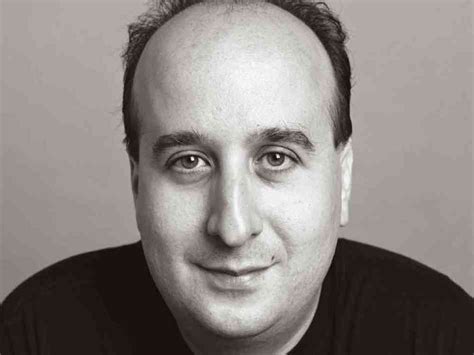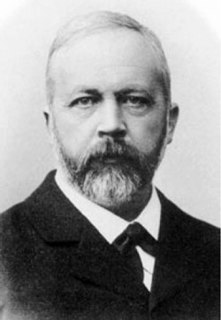A Quote by Umberto Eco
The author may not interpret. But he must tell why and how he wrote his book.
Related Quotes
The more closely the author thinks of why he wrote, the more he comes to regard his imagination as a kind of self-generating cement which glued his facts together, and his emotions as a kind of dark and obscure designer of those facts. Reluctantly, he comes to the conclusion that to account for his book is to account for his life.
Why do you keep reading a book? Usually to find out what happens. Why do you give up and stop reading it? There may be lots of reasons. But often the answer is you don't care what happens. So what makes the difference between caring and not caring? The author's cruelty. And the reader's sympathy...it takes a mean author to write a good story.
[T]he scripture worshippers put the writings ahead of God. Instead of interpreting God's actions in nature, for example, they interpret nature in the light of the Scripture. Nature says the rock is billions of years old, but the book says different, so even though men wrote the book, and God made the rock and God gave us minds that have found ways to tell how old it is, we still choose to believe the Scripture.
A woman journalist in England asked me why Americans usually wrote about their childhood and a past that happened only in imagination, why they never wrote about the present. This bothered me until I realized why - that a novelist wants to know how it comes out, that he can't be omnipotent writing a book about the present, particularly this one.
For example, an author whose parents fled a war but he himself was born in the country where they fled to, and that is where he went to school and college before he wrote his first book of poetry in the language of this country - he should be labeled as: "Author whose parents fled a war but he himself was born in the country where they fled to, and that is where he went to school and college before he wrote his first book of poetry in the language of this country."
There are three infallible ways of pleasing an author, and the three form a rising scale of compliment: 1, to tell him you have read one of his books; 2, to tell him you have read all of his books; 3, to ask him to let you read the manuscript of his forthcoming book. No. 1 admits you to his respect; No. 2 admits you to his admiration; No. 3 carries you clear into his heart.
Wormholes were first introduced to the public over a century ago in a book written by an Oxford mathematician. Perhaps realizing that adults might frown on the idea of multiply connected spaces, he wrote the book under a pseudonym and wrote it for children. His name was Charles Dodgson, his pseudonym was Lewis Carroll, and the book was Through The Looking Glass.







































